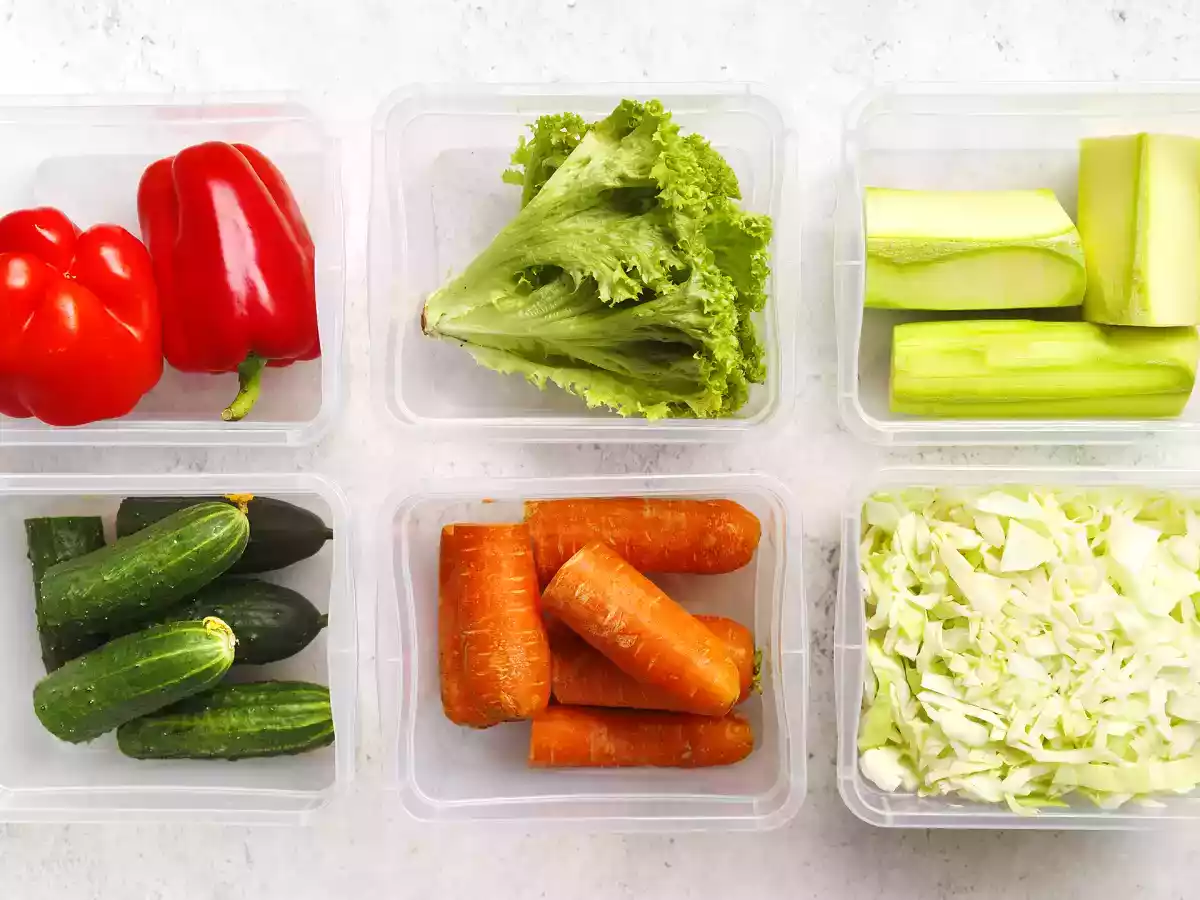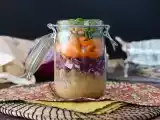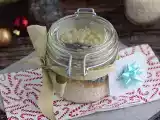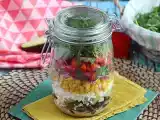Here are the foods that shouldn't be stored in plastic jars!

The practicality of plastic jars is undeniable. Lightweight, easy to clean and stackable, they are a constant presence in our kitchens. However, what many people don't know is that not all foods do well with this type of material. Contact with certain foods can release chemicals from the plastic, compromising the quality and safety of the food.
Why be careful with plastic pots?
Concerns about the use of plastics in contact with food are related to the presence of chemical substances such as bisphenol A (BPA) and phthalates. These substances can migrate into food, especially when exposed to high temperatures or acids. Studies indicate that chronic exposure to these substances can be associated with health problems, such as hormonal disorders, changes in the immune system and even the development of some diseases.
Which foods should not be stored in plastic?
- Acidic foods: Lemons, tomatoes, vinegar and other acidic foods can accelerate the release of chemicals from plastic.
- Fatty foods: Meat, soft cheeses and other fatty foods can absorb the chemicals in plastic more easily.
- Hot food: Avoid storing hot food in plastic containers, as heat intensifies the release of chemicals.
- Foods with a high fat content: Oils and oil-based sauces should also be stored in glass or stainless steel containers.
Which foods can generally be stored in plastic jars?
- Dry foods: Grains, cereals, legumes, pasta, sugar, coffee and other dry foods can be stored in plastic jars without any problems, as long as the jars are tightly closed to prevent damp.
- Fruits and vegetables: Whole, firm fruits and vegetables can be stored in plastic jars, but it is important to wash them thoroughly before storing them. More delicate foods or those with thin skins can be damaged by contact with plastic.
- Cheese: Hard and semi-hard cheeses can be stored in plastic jars, but softer cheeses can stick to the plastic and alter their taste.
What are the alternatives to plastic jars?
- Glass: Glass is considered one of the safest materials for storing food. It does not release chemical substances and can be used to store hot and acidic foods.
- Stainless steel: Stainless steel is another great option, resistant and durable, ideal for storing different types of food.
- Ceramic: Ceramic is a more natural and aesthetically pleasing option, but should be handled with care to avoid breakage.
Tips for safe storage:
- Check the label: Before you buy a plastic pot, make sure it is free of BPA and phthalates.
- Don't microwave food in plastic containers: Transfer the food to a glass dish before heating it.
- Wash plastic jars thoroughly: Use hot water and neutral detergent to remove food residue and prevent bacteria from proliferating.
- Avoid reusing plastic packaging: Plastic packaging for processed foods is not designed to be reused.
In other words
Choosing the right container for storing food is fundamental to guaranty the quality and safety of the food we eat. By opting for materials such as glass, stainless steel and ceramic, you will be reducing the risk of exposure to chemical substances and promoting healthier eating.

Jar salad: our easy-to-make vegetarian version

Dark and white chocolate rice pudding kit

Mexican style salad jar

Cookie jar: a gift for cookie lovers
 Mirella Mendonça
Mirella Mendonça
Comments